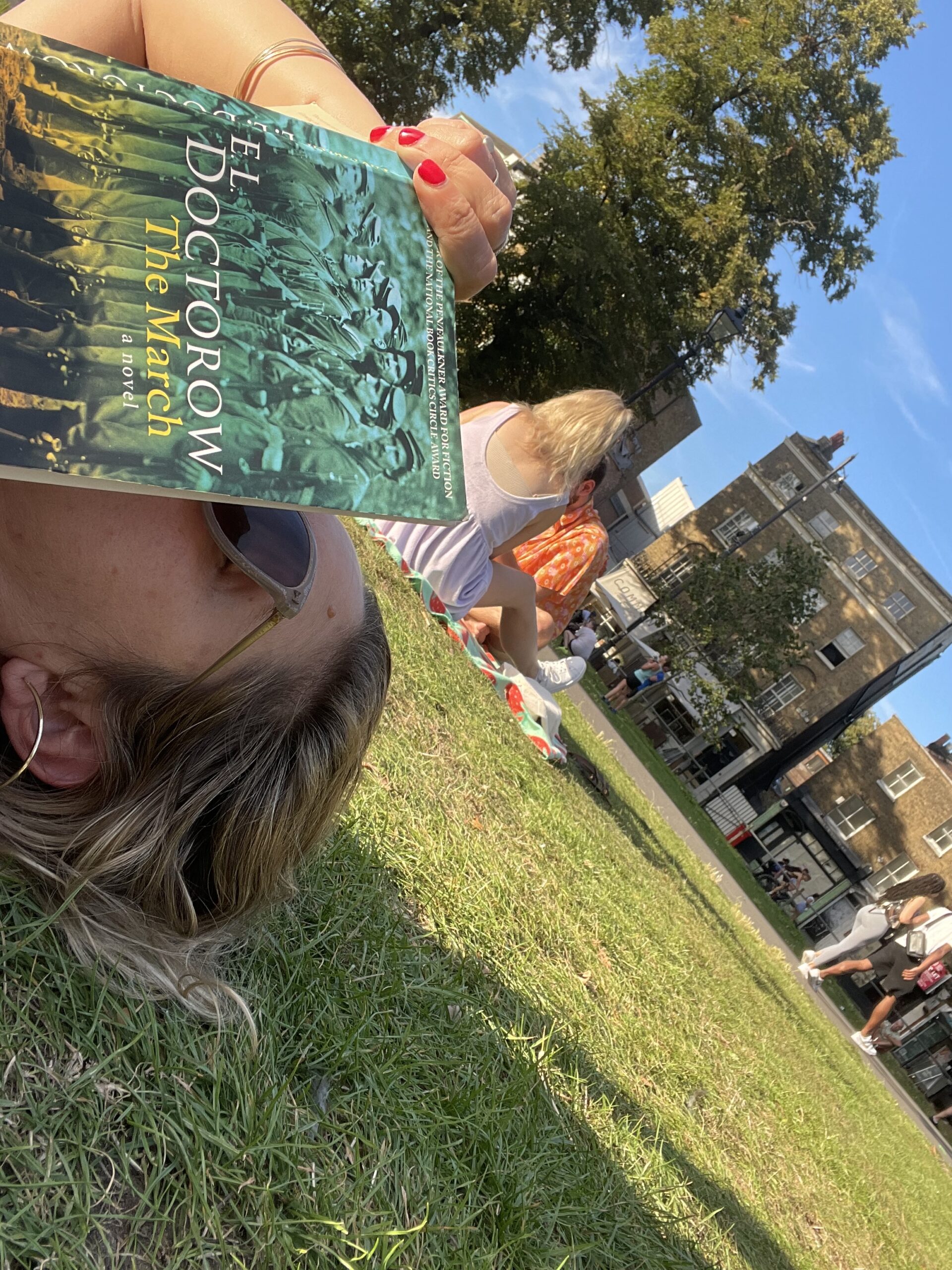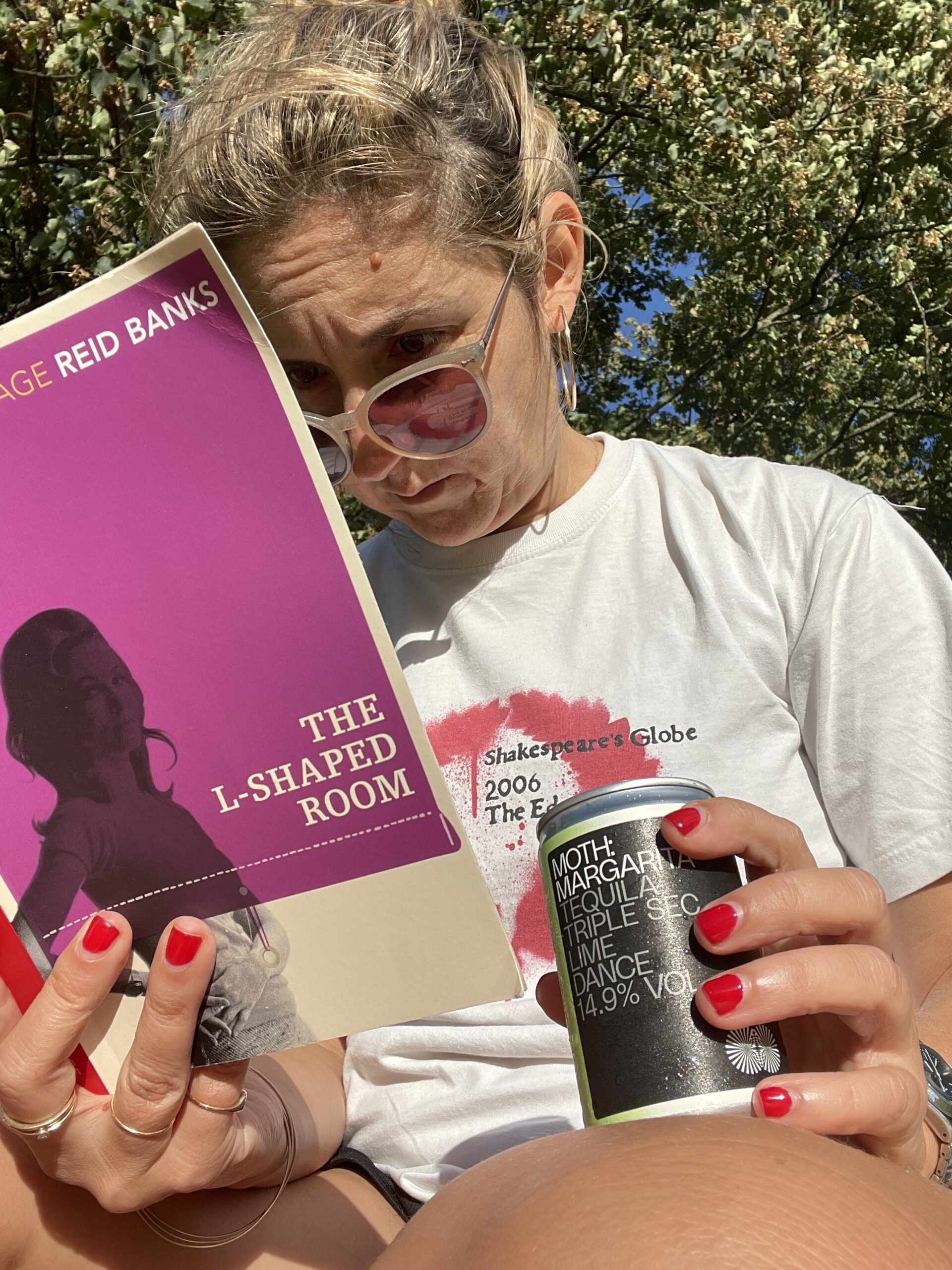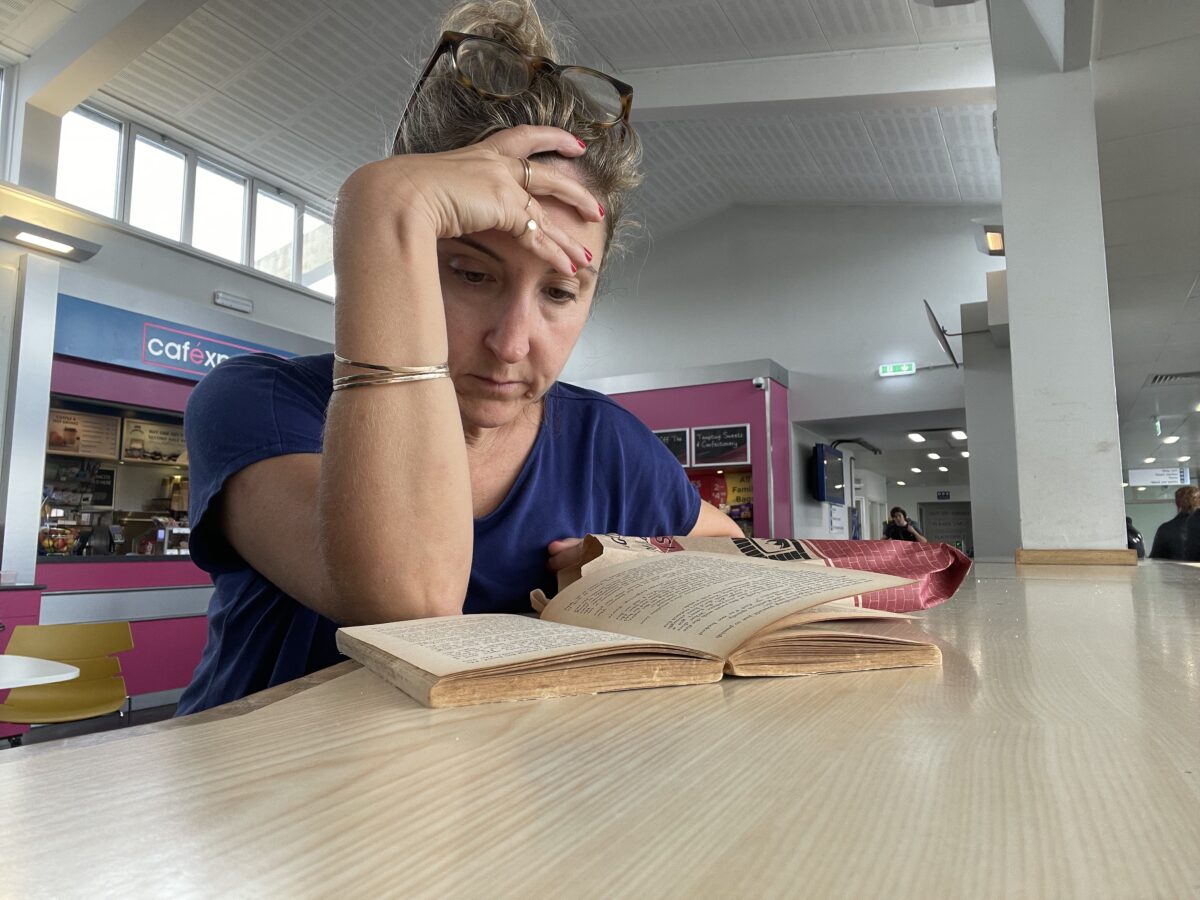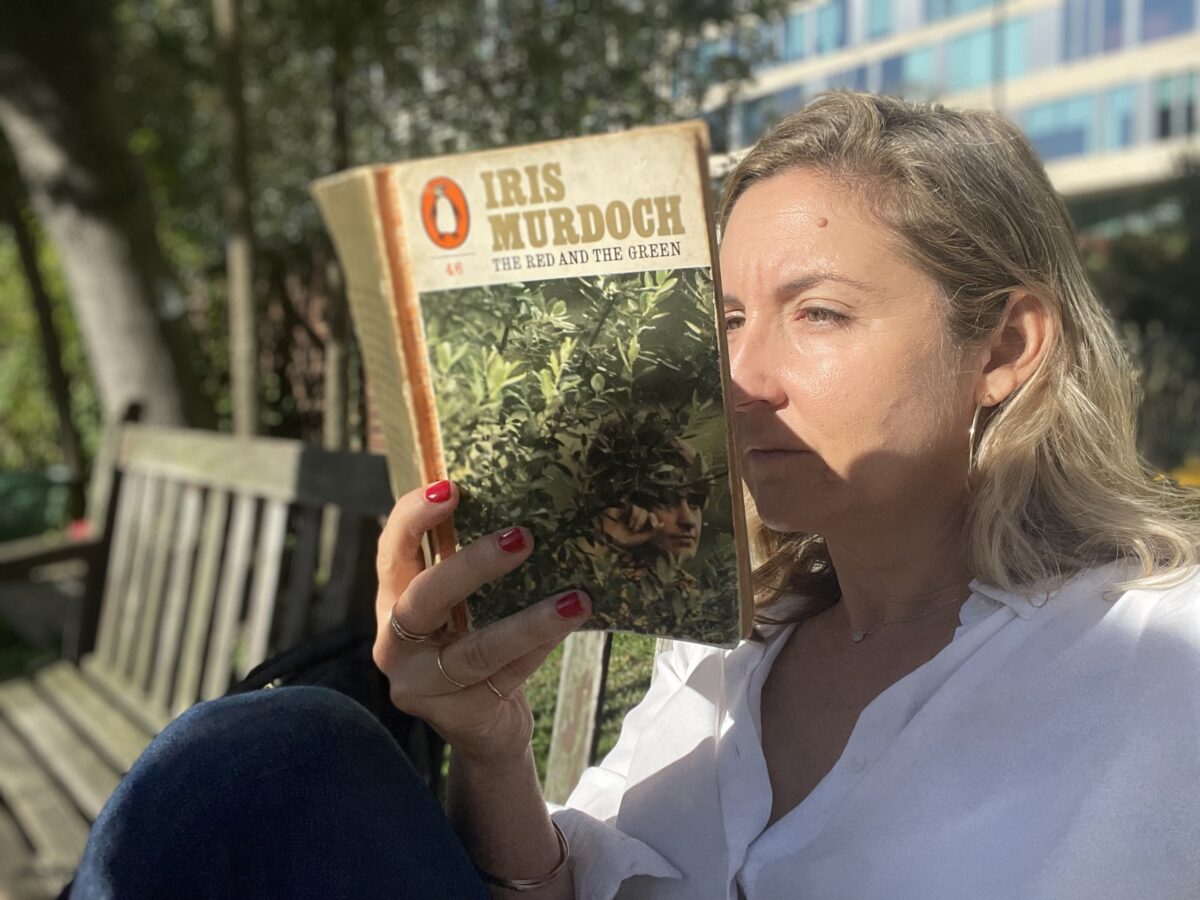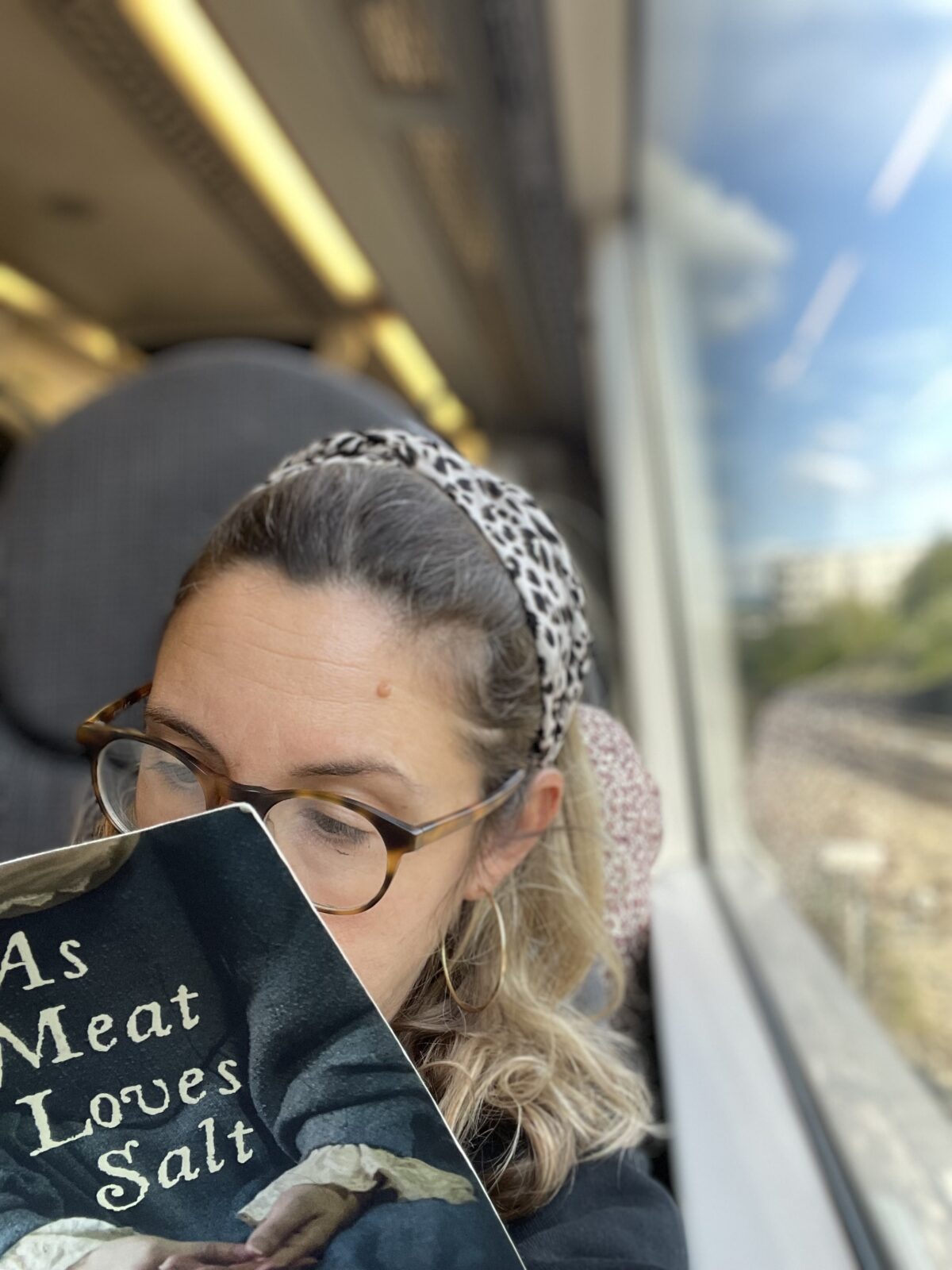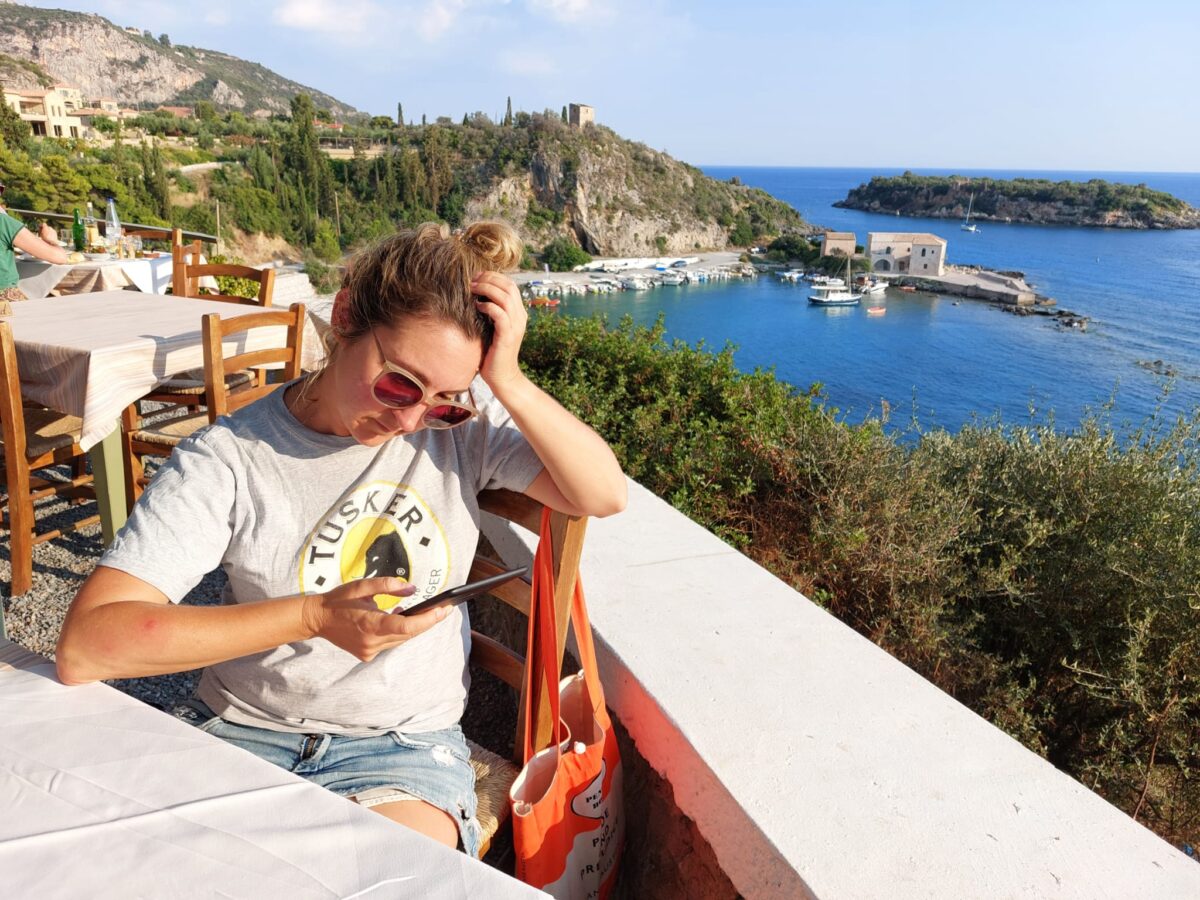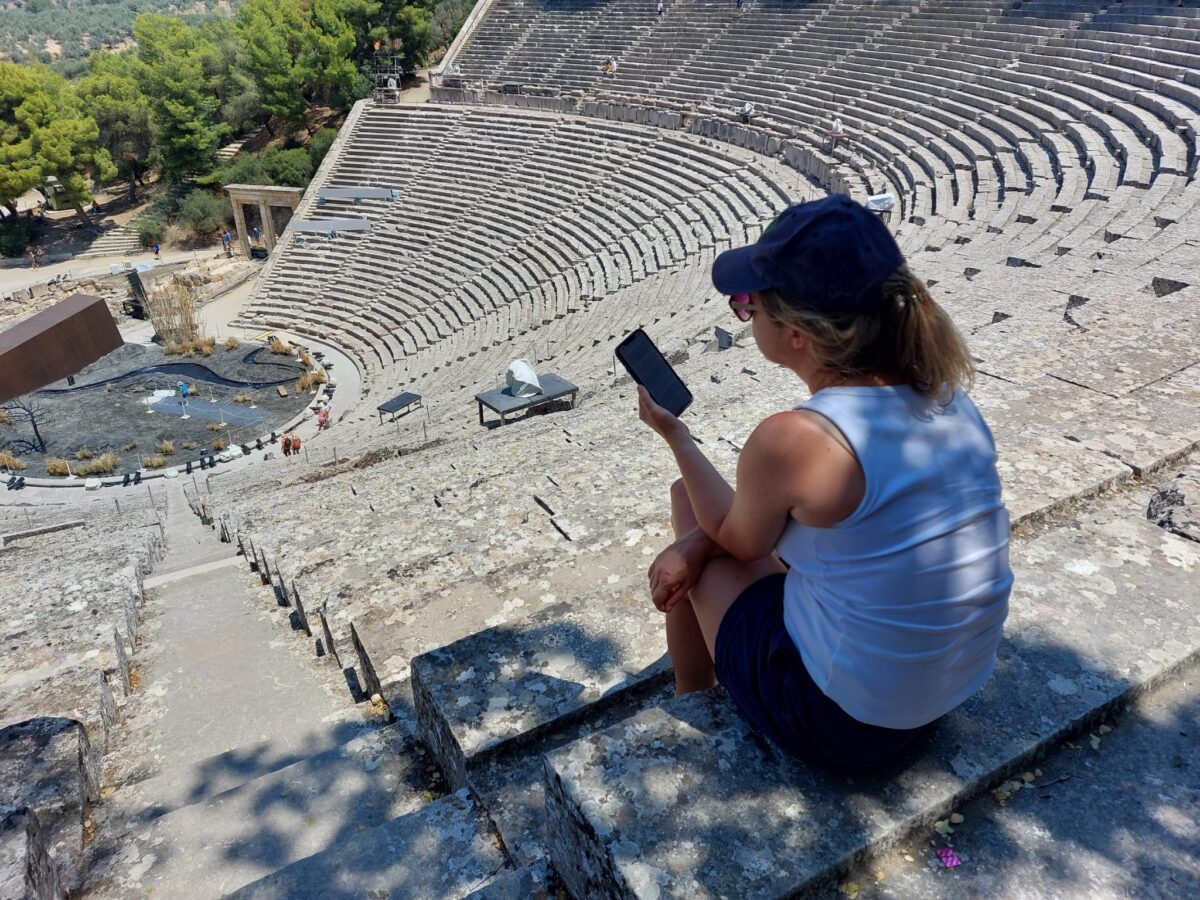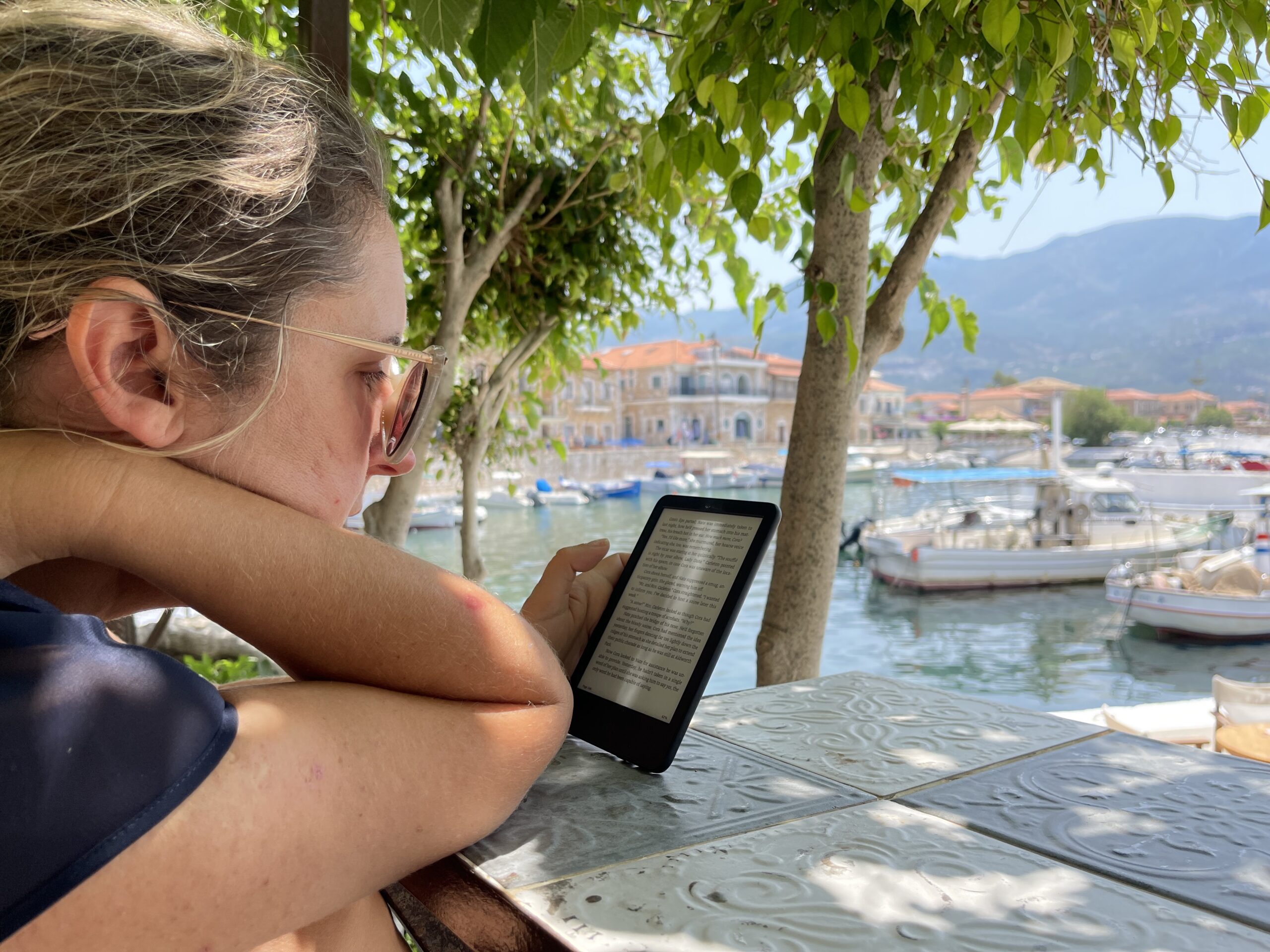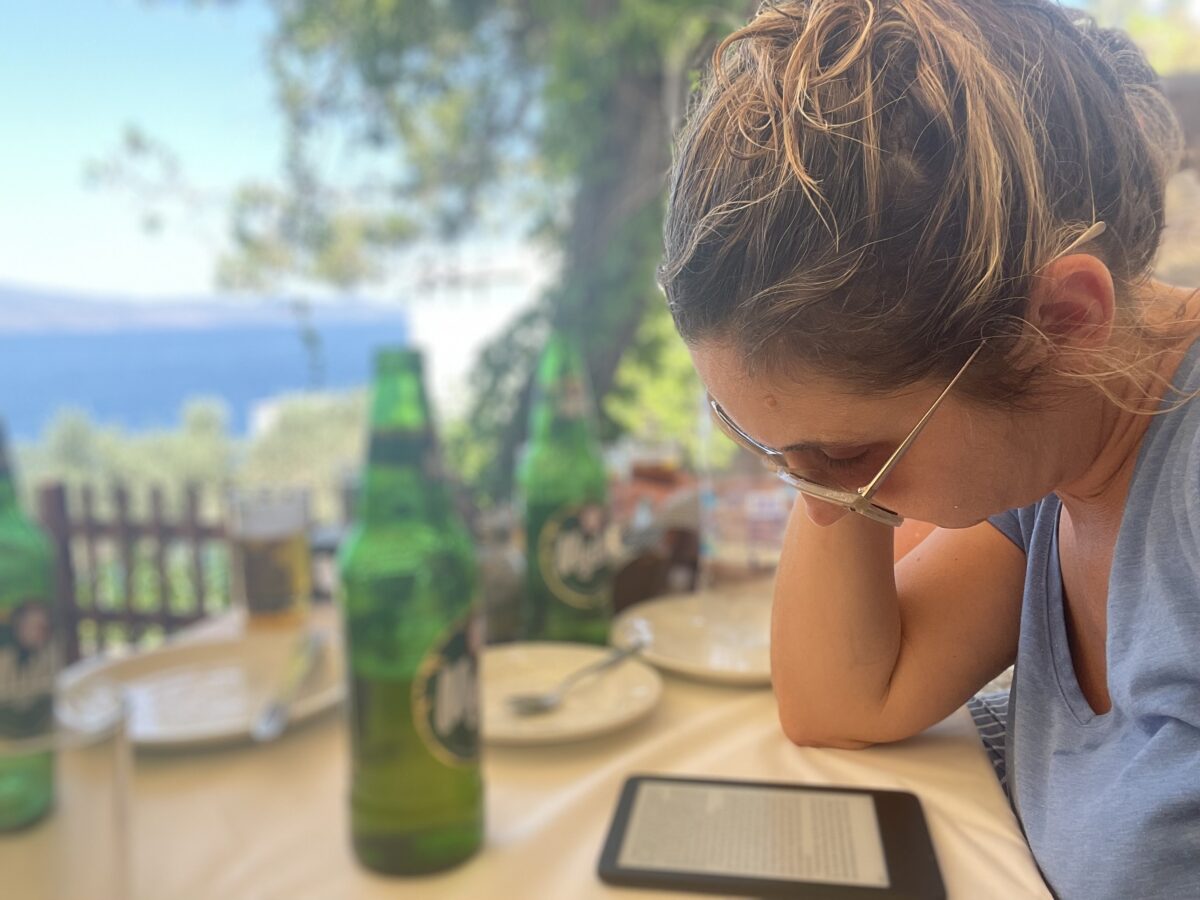A wonderfully fun, salty novel, written from an unusual perspective: that of a woman in her late fifties. I don’t want to get all identity-based about everything, but wouldn’t it be interesting to know how many more books have 50-something male narrators than female ones? I bet it is like minimum 10x
Anyway in this book, enjoyably, the woman has a huge crush on a much younger man. He dresses well:
(I) had forgotten the specificity and light irony of urban style. My husband wore what he wore because he believed in it – he had lost the sense of costuming and presentation that well-dressed city dwellers naturally possessed. That perambulating sense of always being on display.
“Specificity and light irony” – I love it! She worries about her wrinkles, stops eating carbs, gets him drunk, and then goes direct to drugging him and tying him up. I had great hopes for where this was going. Then it took an abrupt left turn into much more ordinary territory. But I still had a lot of fun. Try this, when she is angry at her husband:
. . . lightning bolts of anger shot from my vagina to my extremities. I’ve always felt the origin of anger in my vagina and am surprised it is not mentioned more in literature
And this, when someone compliments her for all the art and poetry on her walls, and she replies:
But does one always want to be surrounded by so much culture? There’s something exhausting about being constantly bombarded by everyone’s best efforts
It was very pithy and interesting, even if I would have preferred the plot to go another way. I even liked this last reflection on what she had or hadn’t done:
Getting away with something, not getting away with something, moral retribution. I don’t matter, you don’t matter. To think we do is just marketing. It’s this cult of personality.

